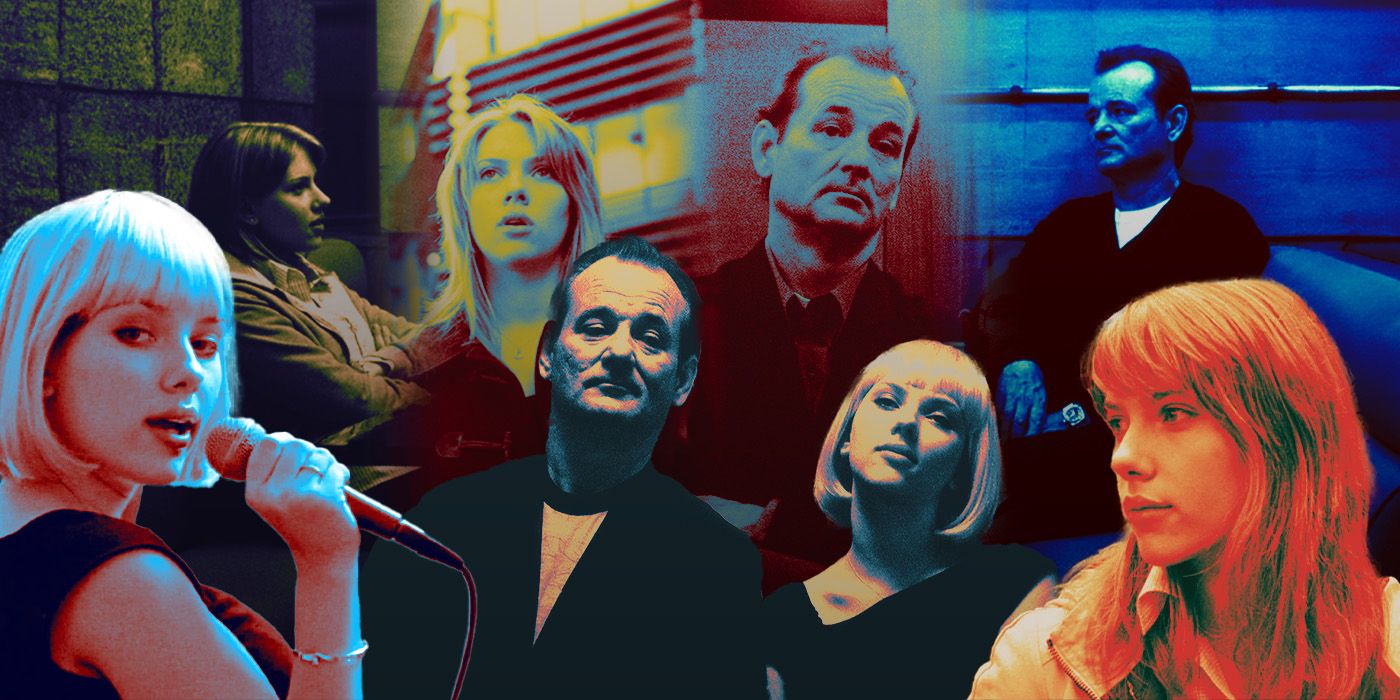
Summary
- Sofia Coppola’s masterpiece, Lost in Translation, is still just as great 20 years later, with perfect performances and a dreamy mood.
- The film explores deep themes of meaninglessness and alienation, showcasing the void at the heart of everything and how to embrace it.
- The ending, with Bob whispering into Charlotte’s ear, remains one of the best film finales of all time, and we’ll attempt to explain it.
There’s nothing like seeing Lost in Translation alongside fellow die-hard fans, even if it’s for the second (or third) time. It’s also worth tracking down Sofia Coppola’s Oscar-winning script online and giving it a read while you’re at it. Her latest film Priscilla was yet another jewel in her cinematic crown in a filmography centered on isolated women, but Lost in Translation might just take the cake as Sofia Coppola’s best film. Once you’ve seen it enough times, your mind starts to take it in a whole new direction. You sink deeper past the surface and feel new things. For instance, is Lost in Translation a meditation on humanity’s place in the universe — how we travel to different parts of the world and try to set up shop, often to mixed results?
Think about it: Our ancestors once traveled to new parts of the globe, colonized, found true love, and then that’s about it. Is there anything more than this? How do we relate to each other, to culture, to romance, when we recognize the void in everything and can’t enjoy the meaningless pursuit of pleasure? Thanks to a recent 20th-anniversary screening in Los Angeles, a small chunk of the millennial generation was able to ruminate on the themes of this early 2000s indie flick in the cinema, giving us the perfect reason to revisit and review Lost in Translation. Let’s take a step back and look at the inner workings of this seemingly innocuous tale about foreigners finding a kind of connection in a place they don’t exactly belong in.
Lost in Translation and Ahead of Its Time
Release Date September 18, 2003
Runtime 102
Pros
- Sofia Coppola’s masterpiece is just as great 20 years later.
- Perfect performances from Bill Murray and Johansson create great chemistry.
- The gorgeous music and cinematography create a dreamy, melancholic mood.
- The deep themes of the film meaningfully explore meaninglessness and alienation.
- Lost in Translation is even funnier than you remember.
It’s hard to believe it’s been 20 whole years since Francis Ford Coppola’s daughter was standing up on the Oscars stage accepting her well-deserved trophy for the flawless script that became Lost in Translation, an effort that Bill Murray still says is his favorite role of all time. No surprise there, as he was rightfully Academy Award-nominated for his portrayal of the fictitious Bob Harris, an aging movie star who has entered that “hosting stage” of his career (an idea that was later parodied in the hit film The Menu with John Leguizamo’s character).
Thanks to Bob’s hilariously deadpan antics in the first act of Lost in Translation, you might have forgotten how laugh-out-loud funny this movie is. Brain Dead Studios in LA recently hosted a screening of the film, and it was remarkable how uproarious the packed theater was. And the laughs didn’t stop there, especially once Anna Faris arrives on-screen as Kelly, satirizing another Hollywood archetype, namely the bubbly pop-star/actress who may or may not actually be talented.
It’s a refreshing throwback to see baby-faced versions of Farris, Giovanni Ribisi as her former photographer, and the almost unrecognizable Scarlett Johansson as his wife. Years later, Johannsen would be double-nominated for Academy Awards thanks to her scene-stealing turns in Marriage Story and JoJo Rabbit. In these more recent efforts, she is sharp, well-spoken, and lightyears away from the beautifully subdued and melancholic portrayal of Charlotte in Lost in Translation.
Meanwhile, Murray would go on to star in another acclaimed Coppola picture, On the Rocks, but it was Lost in Translation (alongside Rushmore) that really helped change Murray’s image from comedy icon to complicated leading man. And Ribisi had already collaborated with Coppola on a previous film, having narrated her film adaptation of The Virgin Suicides. MovieWeb recently interviewed Stephen Dorff, star of Coppola’s film Somewhere — which is possibly her best film after Lost in Translation — and he reiterated what he’s said about how wonderful it is to work with a director like Coppola. No wonder, then, that the late, great Roger Ebert gave Dorff’s 2010 film four stars, which is easy to agree with.
Lost in Existentialism
The reason Somewhere comes to mind after having revisited Lost in Translation is because of the philosophy that rings out throughout these often dialogue-free films. Characters who have to speak in order to convey emotions don’t always capture our hearts, do they? How does that expression go — “actions speak louder than words?” Back in 2003, Lost in Translation hit the masses with quiet moments that spoke volumes about the human condition. It seems this trend is still going strong in Hollywood; just look at the recent films No One Will Save You and Silent Night. Lost in Translation, meanwhile, covers its wordlessness with one of the best soundtracks of all time, featuring original music by Brian Reitzell and the legendary Kevin Shields of My Bloody Valentine.
In Somewhere, Johnny Marco (Dorff) drives in circles, stares at the walls and hires dancers to fill the void. In Lost in Translation, Charlotte curls up in her hotel bedsheets and stares out the window at the endless thrills Tokyo tries to offer. Could that fill her void? Could success, art, or marriage at such a young age? Maybe not, but maybe some temporary true love — be it platonic or mysteriously romantic — with an aging movie star might suit her better, at least for the moment she needs it the most.
Lost in Translation is ultimately a study of two people who recognize that void at the heart of everything and learn to accept it. They feel out of place everywhere they go. Everyone else is able to endlessly pursue pleasure or a fabled sense of the exotic, able to enjoy consumption, because they don’t see the void. Bob’s wife cares about carpet color swatches; Bob could not care less. Charlotte’s husband cares about what’s cool and fashionable; Charlotte could not care less. Bob and Charlotte’s anhedonia is exemplified in the strip club scene where, surrounded by naked pleasure and hedonism, they are confronted with their own boredom.
Bob and Charlotte are existentially lost in translation. In a world of bright lights and big cities, fast art, sex, hotels, and entertainment, they are unsatisfied. They don’t experience the same banal pleasures of other people, and they don’t comprehend them. We see this exaggerated in the quietly humorous whiskey commercial scene. Bob asks a short question; the translator turns his five words into 50. The director goes on for practically 60 seconds explaining his intention; this is translated into barely three words by the translator. There is something missing here, something lost between Bob and everyone else.
Related: Best Bill Murray Movies of All Time, Ranked
Words and communication become more noise for them. It makes sense, then, that they have a good night with people they don’t understand. Hanging out with a Japanese group, they party throughout the night, enjoying the fact that they can’t comprehend much of their surroundings; if they could, they’d recognize its emptiness, just like everything else. The truest words in the film are spoken, or rather sung, by Bob when he performs a karaoke version of Roxy Music’s “More Than This.” The title teases that there is something more to all this pleasure-seeking, a pot of gold at the end of the rainbow’s search for meaning. But the lyrics admit, “There is nothing more than this.”
Lost in Translation’s Ending and the Whisper (Not) Explained
This realization of meaninglessness and the breakdown in communication between someone who experiences the void and a culture that is defined by filling it leads to the beautiful ending of Coppola’s film. The theatrical experience really helps with Lost in Translation, especially — on the matter of dialogue-free moments — with that final scene where Bob whispers into Charlotte’s ear. Movie buffs everywhere still debate what he actually says to her. And seeing Lost in Translation on the big screen might throw you for a loop, as one’s memory of the scene might be totally different.
For example, a home-viewing experience might prevent the audience from actually hearing Bob’s voice a bit. Having experienced the moment again in theaters, you can definitely hear the bass of his voice, but still can’t make out the words. It makes the moment all the more haunting, but in a beautiful way. By showing and teasing Bob and Charlotte intimately exchanging something perhaps finally meaningful between the two of them, but not allowing the audience to be privy to it, we are reminded of the void in communication, the disconnect between all of us, and our inability to fully penetrate the absence that separates us.
MovieWeb
As Todd McGowan writes in his seminal Lacanian essay on the film, There Is Nothing Lost in Translation, “The point is not that we can’t hear what Bob communicates, but that he communicates what can’t be heard.” He continues:
“Whereas most Hollywood romances end with an image of the plenitude of the ultimate enjoyment embodied in the successful romantic couple, Lost in Translation concludes with an image of absence and failure — the absence of what Bob says to Charlotte. In doing so, the film suggests that the relationship organized around absence actually provides a mode of enjoyment far more profound than the relationship dedicated to presence and plenitude.
“As Lost in Translation shows throughout, excess inevitably promises more than it can deliver, and consequently, the only enjoyment that it provides for us is imaginary. When we see images of excess, we imagine that they carry the ultimate enjoyment, but this enjoyment only exists insofar as it remains out of reach in the image. Every attempt to realize it creates dissatisfaction. The enjoyment of absence, however, is an enjoyment in the Real, and as a result, it delivers more than it promises.”
Related: Best Scarlett Johansson Movies, Ranked
In the end, we don’t know these two people, and they are alienated from us and the world around them. But for a few days, they were together in the void; for a few days, they flirted with their own absence from the “fun” and “pleasure” and “meaning” so many of us seek, and found that absence to be transcendent. It’s easy to be reduced to tears and chills just revisiting this emotionally soaring sequence in your head. Long live Lost in Translation!
Lost in Translation is available to rent or purchase on various digital platforms such as Vudu, Apple TV, and Google Play. You can rent or buy it through the Prime Video link below, and check out Scarlett Johanses discussing the 20th anniversary of the film below:
You can view the original article HERE.
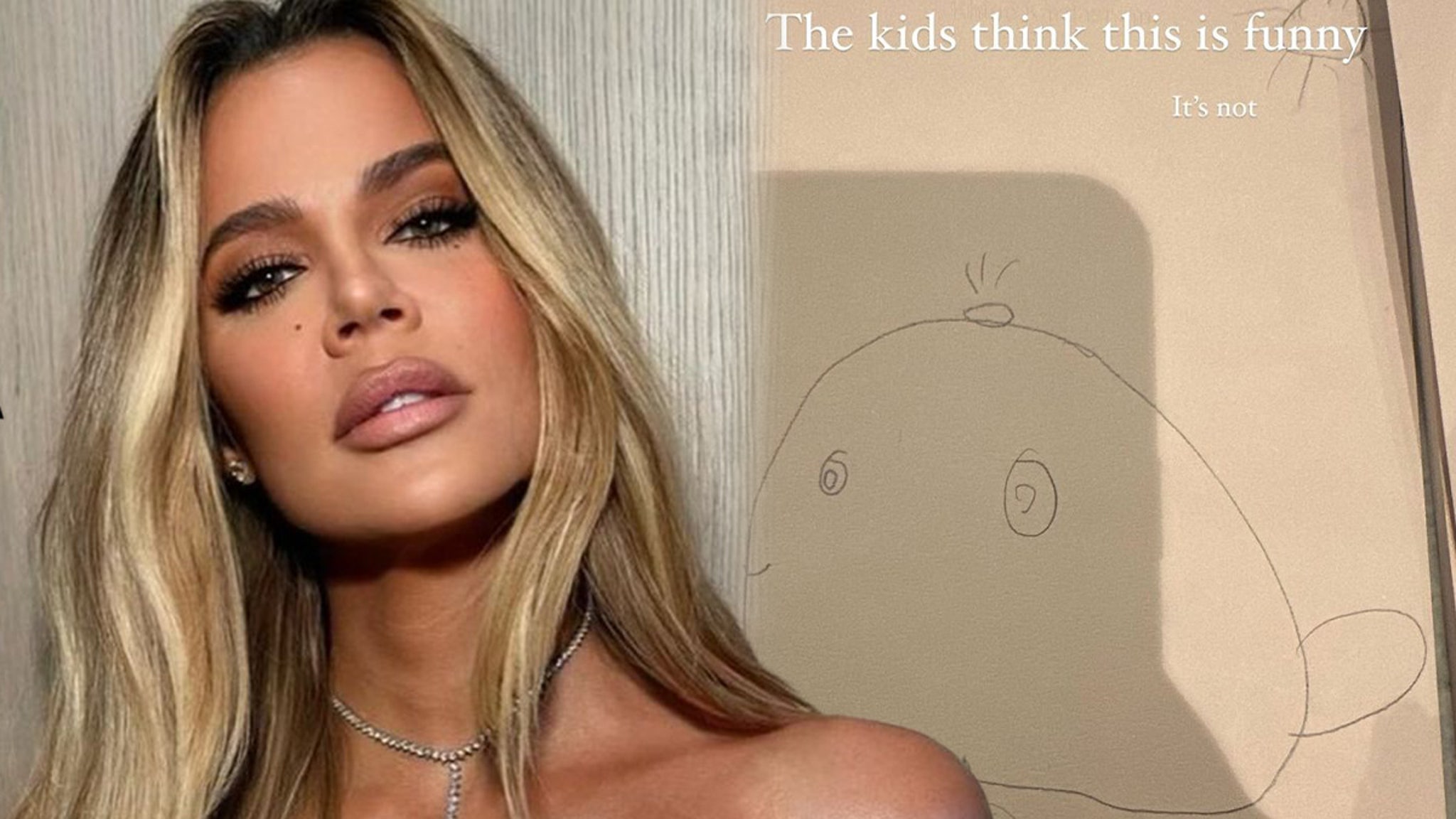
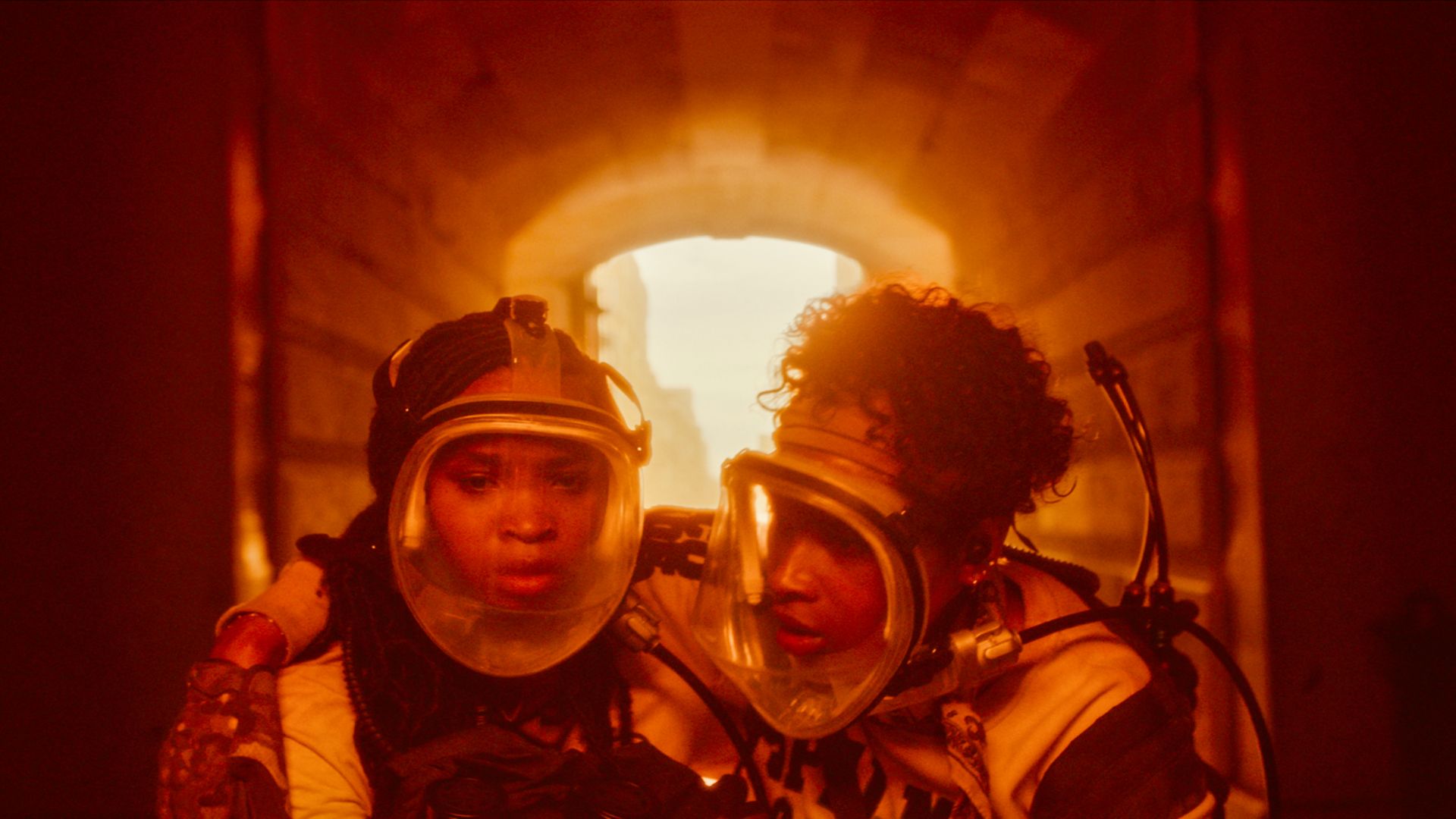
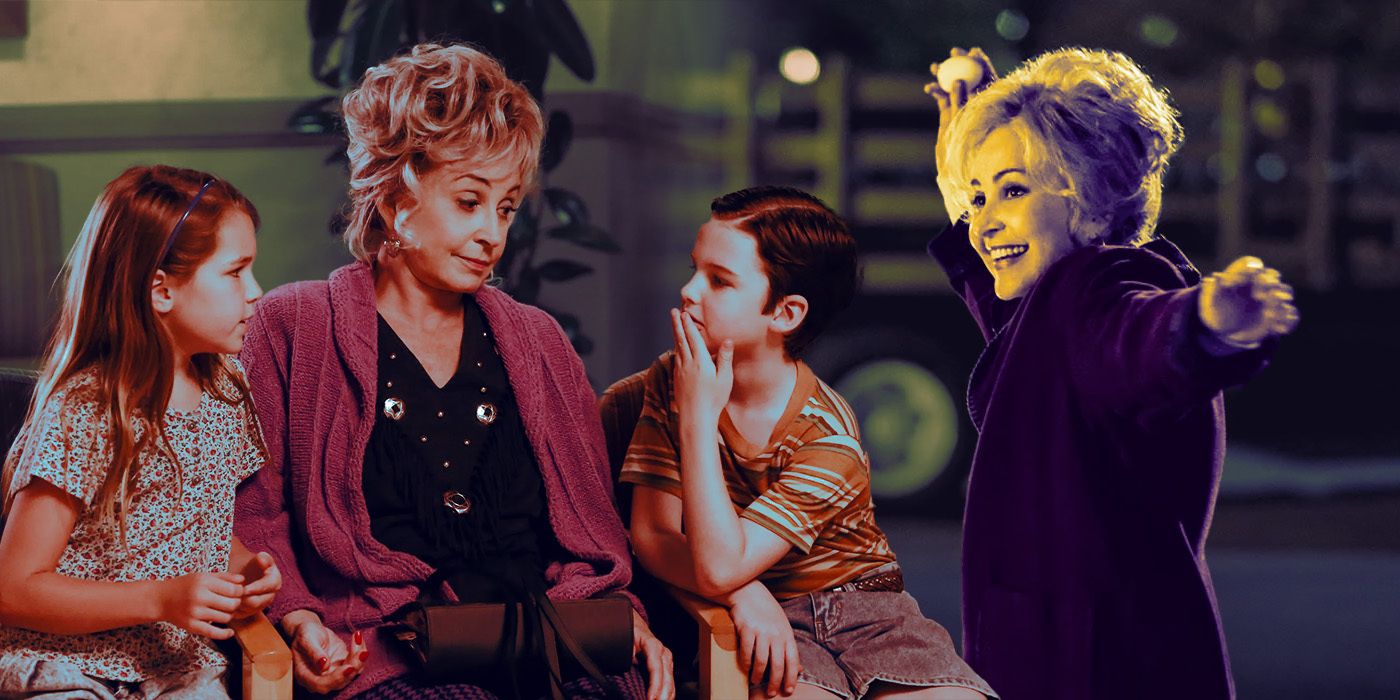

:quality(85):upscale()/2024/04/23/768/n/1922283/782961d76627ef4f94f4b3.68894570_.jpg)

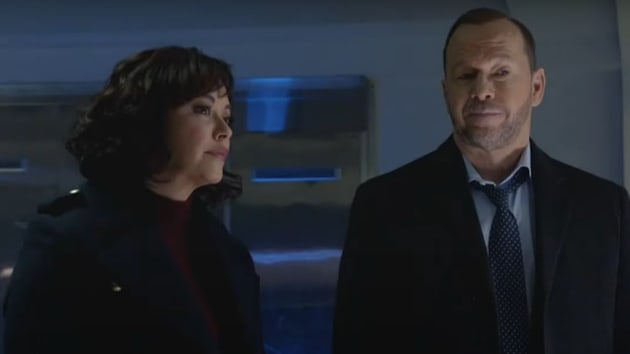

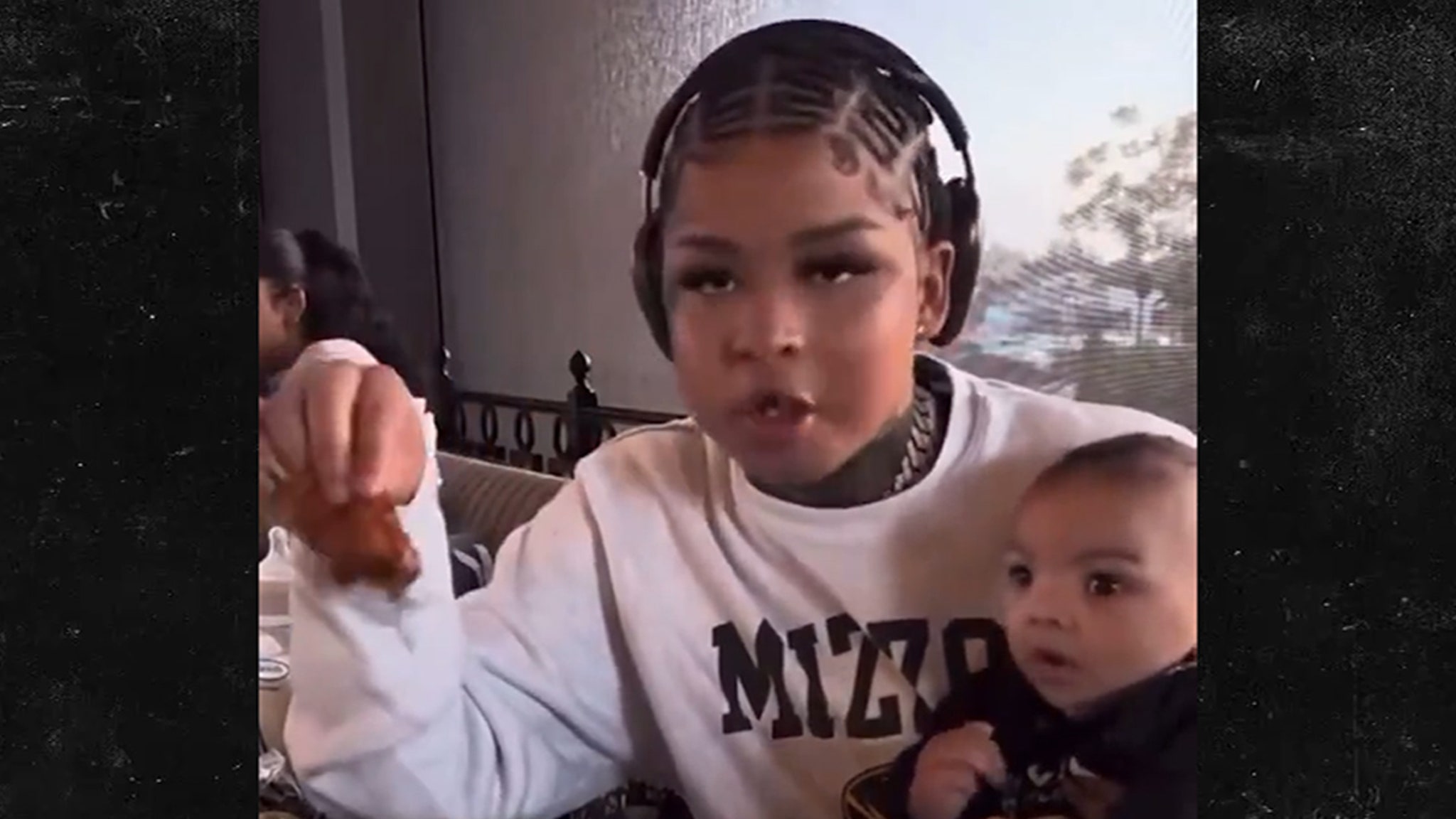
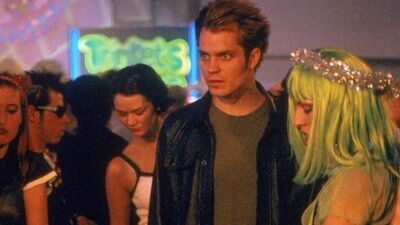
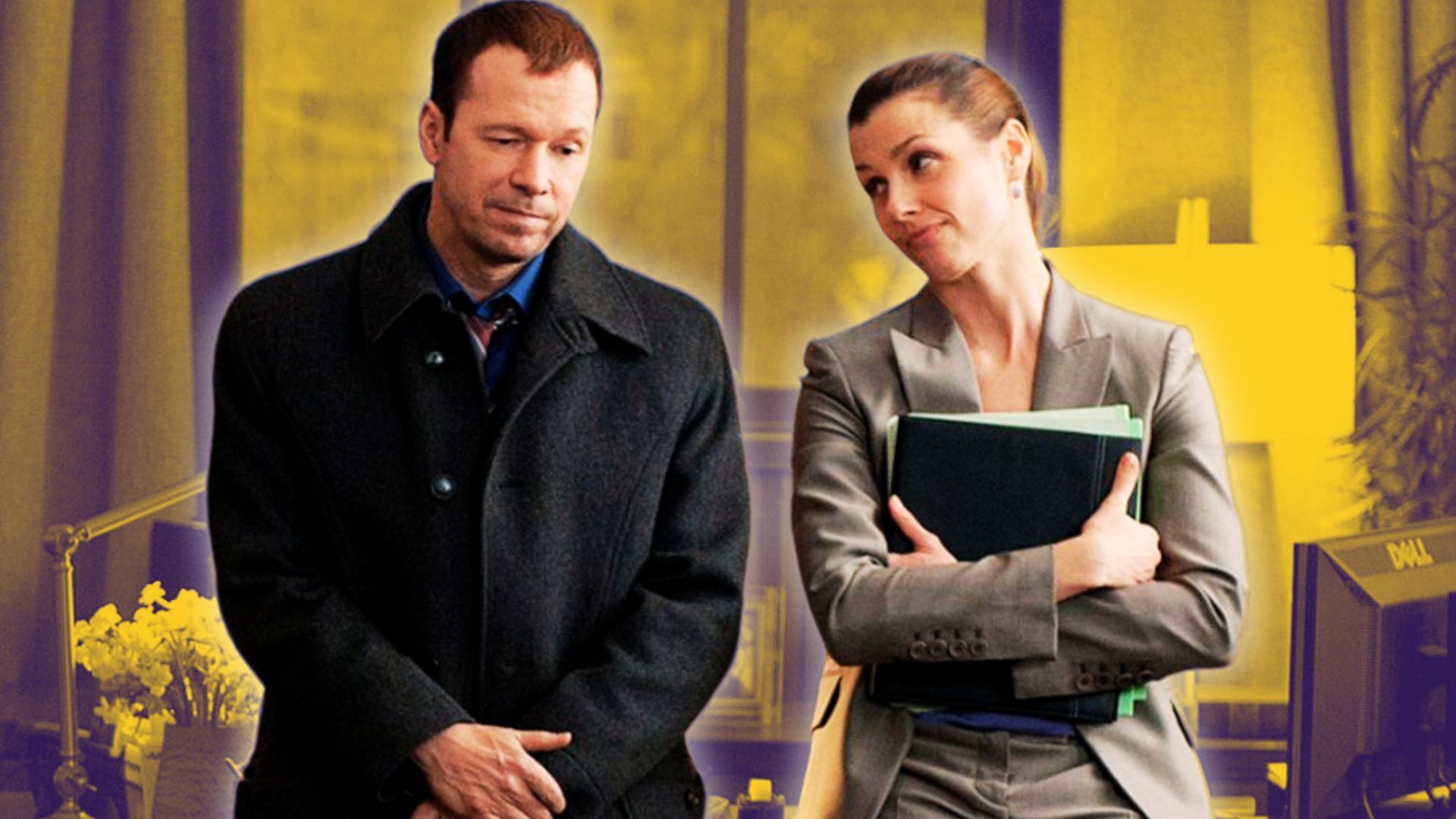

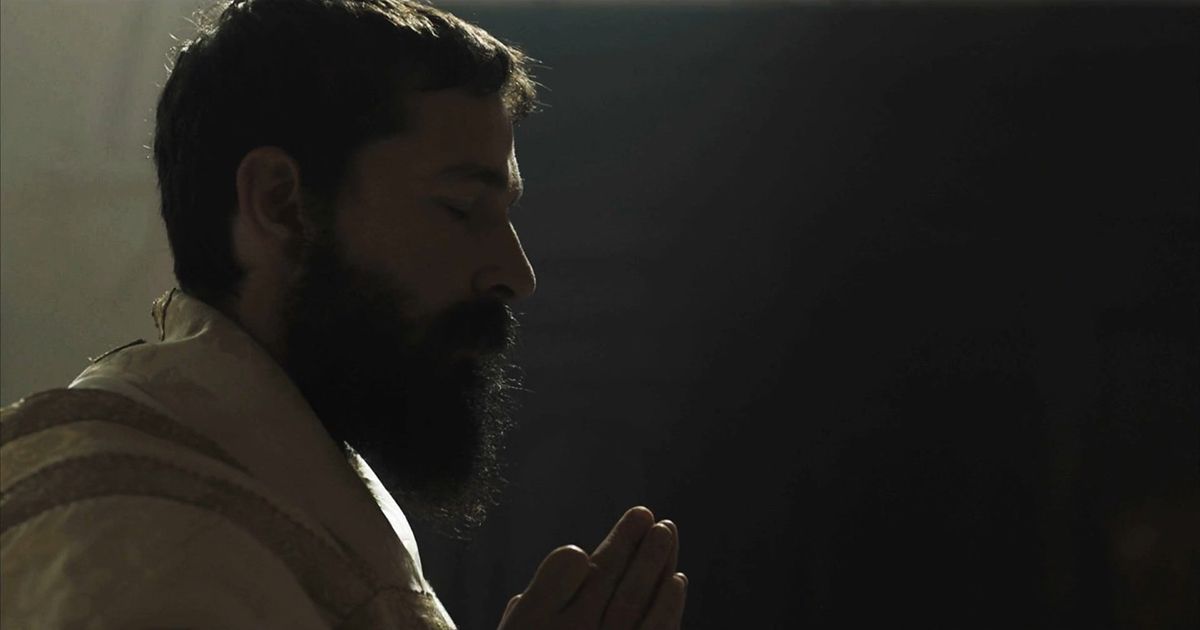






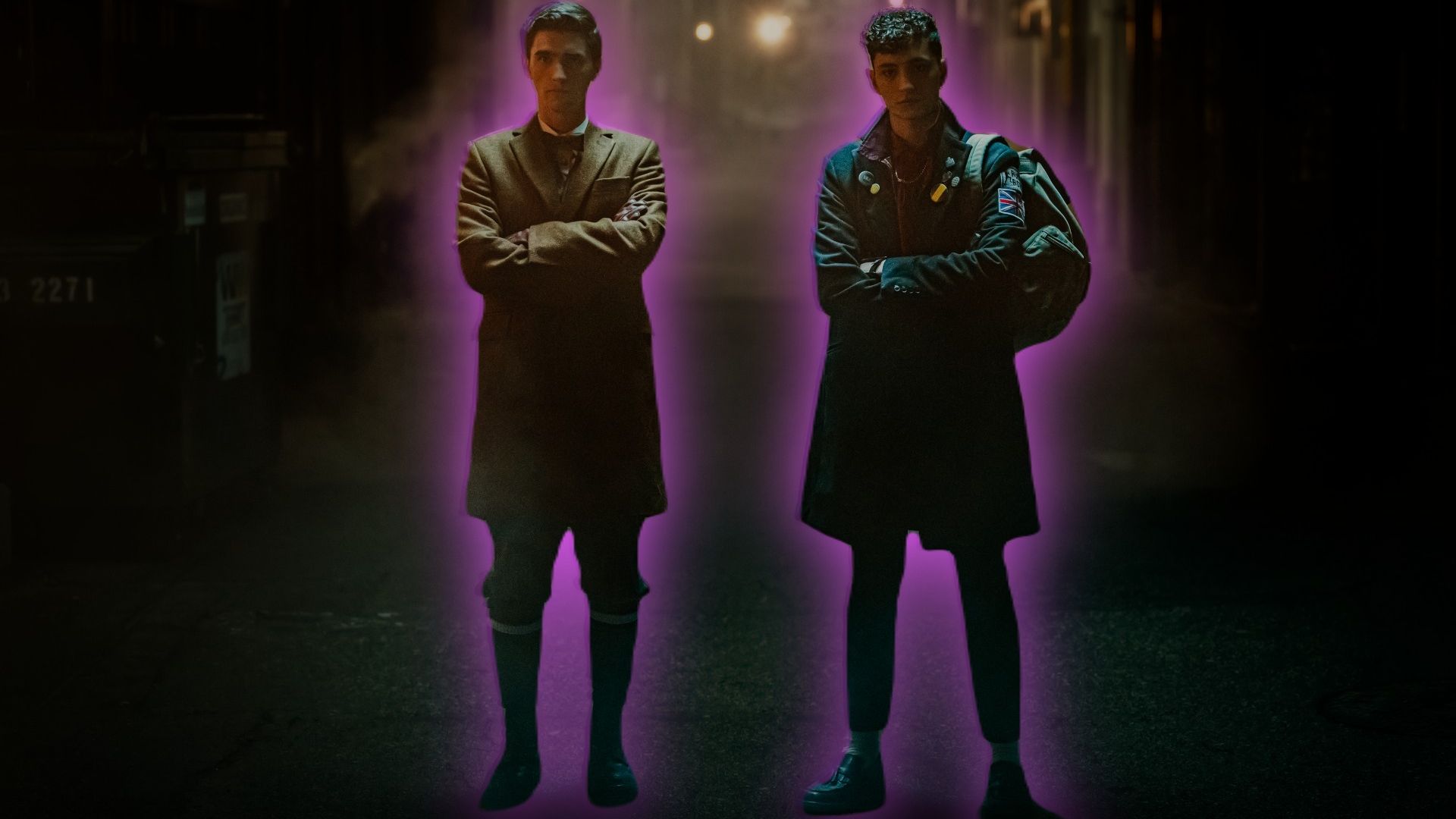


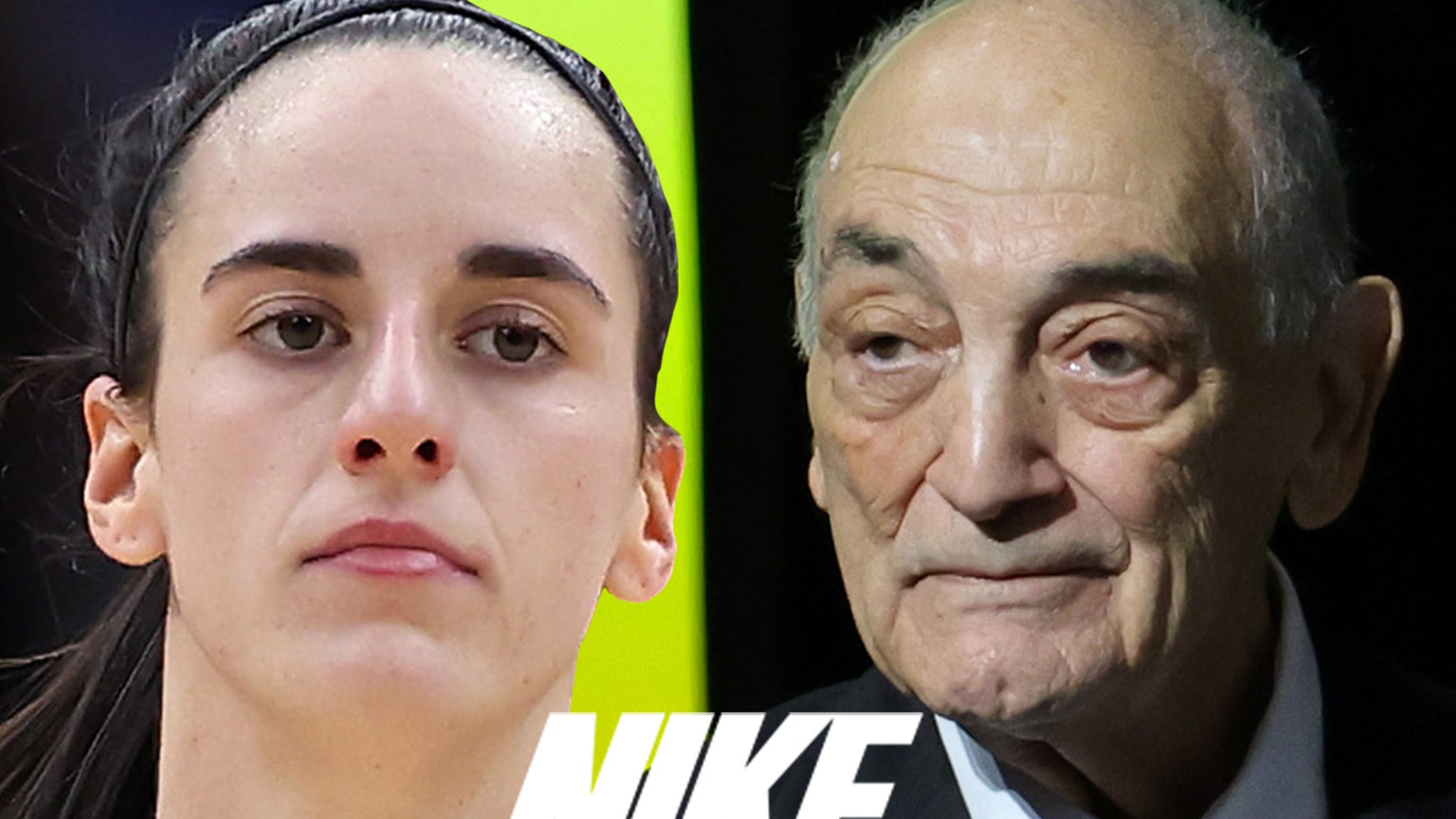
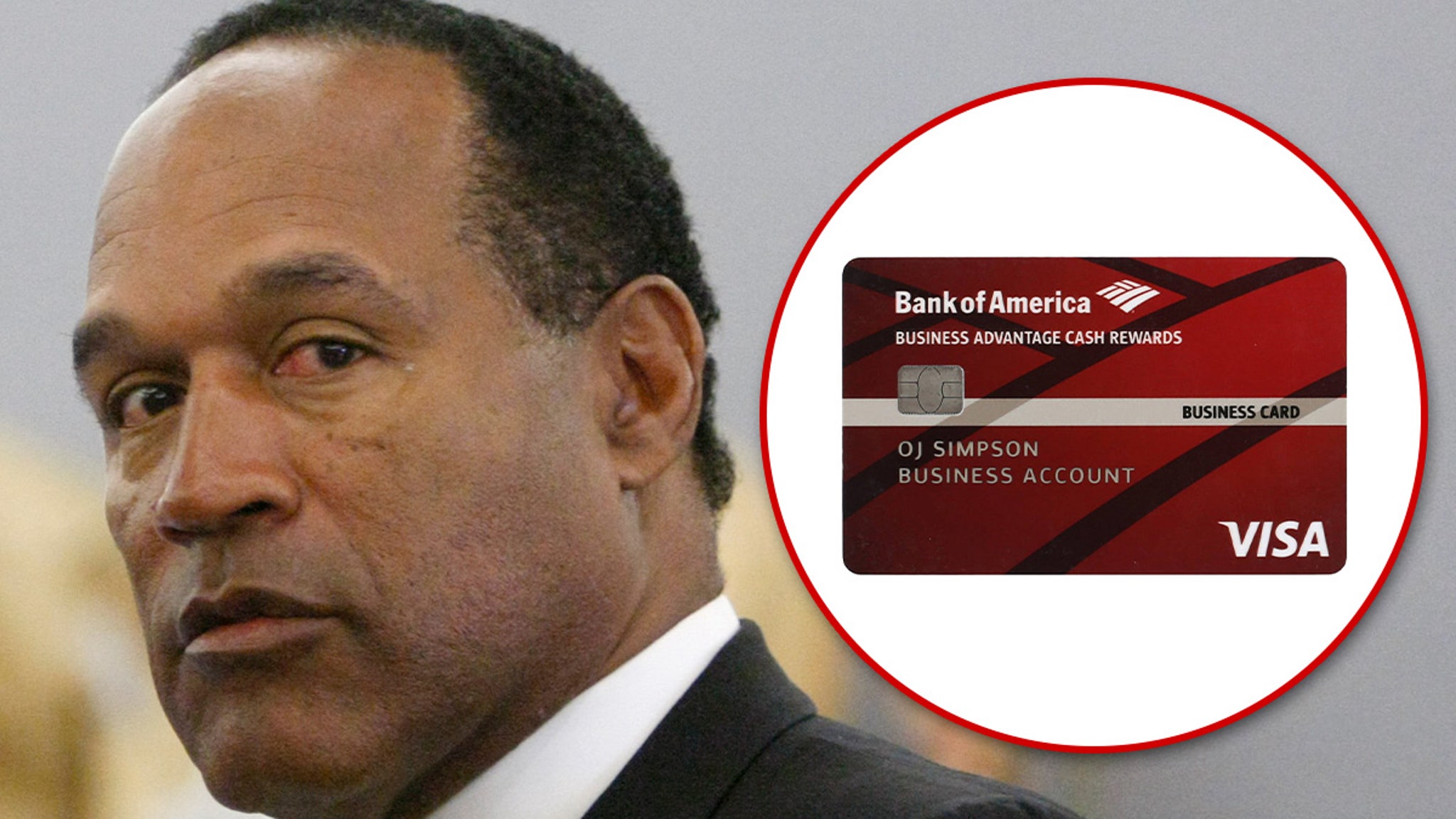
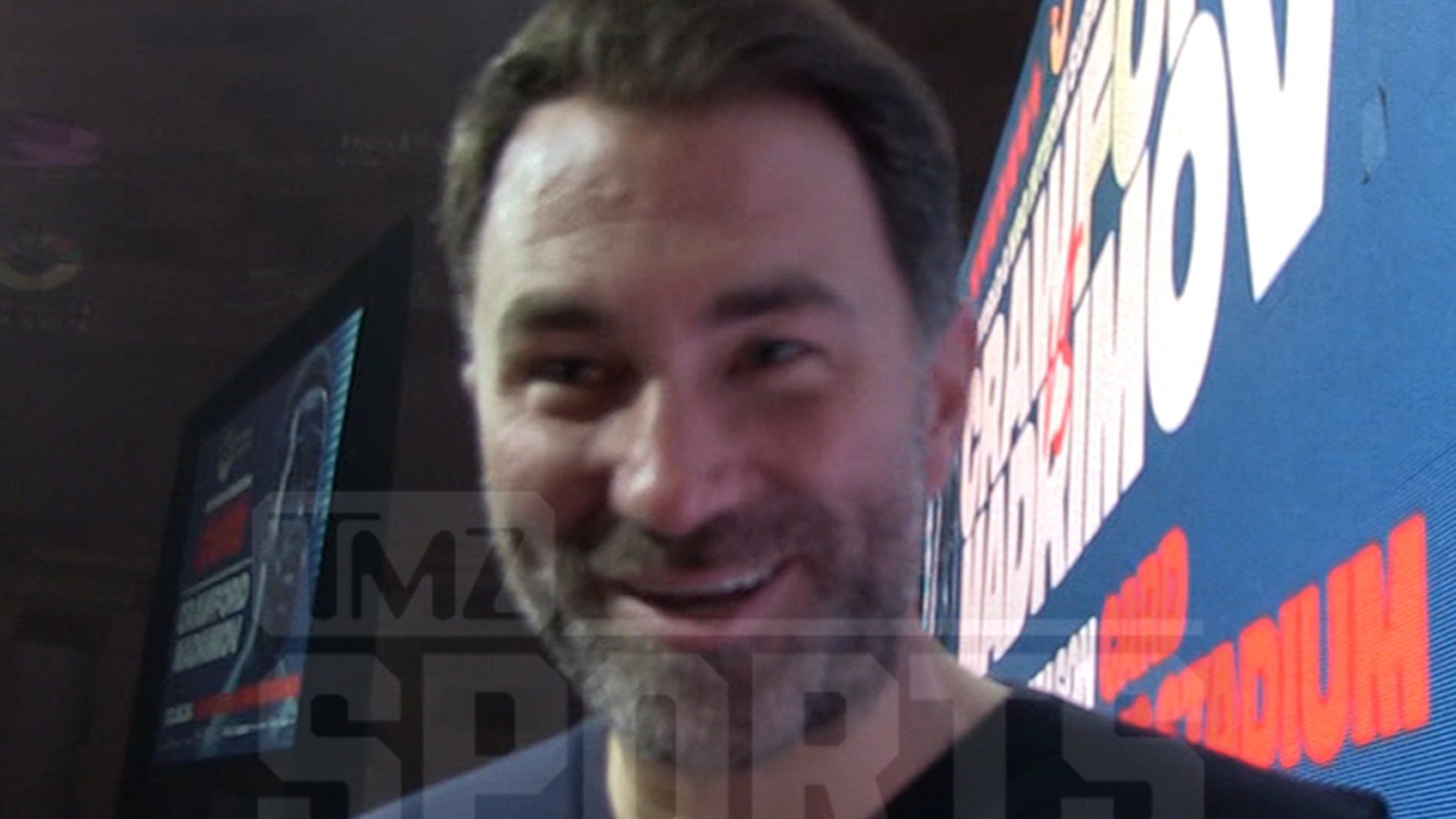
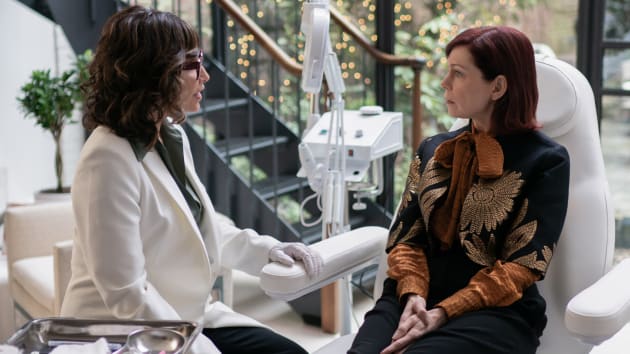
:quality(85):upscale()/2024/04/26/830/n/1922564/d88ac04e662bf8b6cb1a91.40429396_.jpg)

:quality(85):upscale()/2024/04/26/942/n/1922564/922a9e89662c1e7fc894b2.65383312_.jpg)
